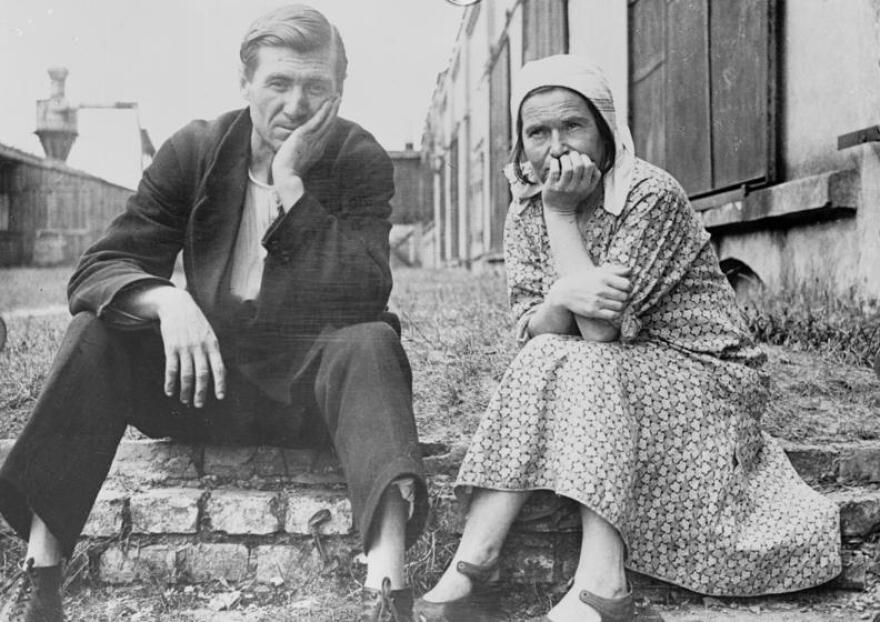The Dakotas are a product of Native American and northern European cultures. With a deeper look, one can see the added influence of diverse subgroups such as the Volga Germans.
In November, 1993, Huron, S.D. hosted the national convention "Germans from Russia." Radio broadcaster Chuck Anderson met and interviewed Ted and Corinne Becker, a father-daughter duo who dedicated their lives to researching the experience of being a Volga German.
Volga Germans were an ethnic German people who settled along the Volga River in the 1700's to acquire free land and cultural and religious freedom, notions that Germany had denied them.
Ted said initially, the Russian government sent representatives to Germany to recruit marginalized Germans who wanted government leniency in regards to their personal lives.
Migrants were also promised freedom from taxes for at least five years and from military service (a 25-year stint). By 1767, the Volga contained over 100 German colonies because Russia, at the time, had kept its promise.

The Volga Germans maintained their free lifestyle until 1871, when the Imperial Russian government revoked their unique privileges. By 1874, German colonists had to enroll in the Russian military. Why the change?
Volga Germans and many other German-Russians then had to decide to stay in their Russian homeland and risk unknown consequences or leave all they knew to hopefully find permanent freedom elsewhere. The latter turned out to be the better choice. Volga Germans who remained in Russia had to live through decades of turmoil: World War I, revolutions, the start of communism, famine, and by World War II, deportation.
Despite Russia's clear disinterest in its German-Russians, some Volga Germans found a way to stay in Russia. They just had to move quite a bit east.

Many Volga Germans, including Ted's family, chose to move away from the tumult in Russia and Europe and tended to settle in the midwestern U.S. farmland, by way of Canada. Canada, compared to the United States, had a much more lenient customs process, and North Dakota was a major thoroughfare.
So, Volga Germans were promised land and freedom of religion again, but their history with promises made them wonder, at what cost?
In 1940's wartime, Americans became quite wary of German presence within their borders and normal life for Volga German settlers was again threatened. Ted said his father grew up remembering to change his speech in the presence of an American.

German-Americans weren't allowed to teach their native tongue in schools, their books were burned, and they had to buy war bonds to prove their allegiance to the United States.
Corinne, Ted's daughter, added that alongside these disheartening events, communication with German family or friends back in Russia was almost impossible. Stalin's regime enforced the vetting, censorship, and sometimes destruction of letters from outside Russia. Envelopes would many times arrive empty due to the subversive nature of the contents inside them. Fortunately, through Gorbachev's leniency through perestroika (Soviet Union restructuring) and Corinne's reconnection program at North Dakota State, families could reunite long distance and share their German-Russian identity.

Now, German-Americans are the largest ethnic group in the United States and a German-American congressional caucus exists in Congress. But Corinne had a message to this group that still resonates today:
Listen to the full interview here:
To learn more about Corinne's outreach work with German-Americans and German-Russians, visit here:
NDSU Germans from Russia Heritage Collection
To learn more about midwestern/German-Russian heritage, visit these sites:
Germans from Russia Heritage Society (Bismarck, ND)
American Historical Society of Germans from Russia (Lincoln, NE)
Prairie Public Broadcasting Germans from Russia Collection
Other educational sites to visit:



